Chinese students are "very much welcome" in the United States and the country is making concerted efforts to continue attracting them, U.S. officials and educators said as the latest industry figures were released on Monday.
In the 2023-24 period, the U.S. hosted more than 1.1 million international students, who comprised 6 percent of the whole U.S. higher education population and contributed more than $50 billion to the U.S. economy last year, according to the U.S. Department of Commerce.
The record number was also up 7 percent from the previous academic year, according to the Open Doors 2024 Report on International Educational Exchange.
India surpassed China by sending the most students — 331,602 — to pursue higher education in the U.S. in the 2023-24 academic year, a 23 percent year-on-year increase.
China sent 277,398 students to the U.S. in the 2023-24 school year. It remained the top country for sending undergraduates and nondegree students to the U.S., numbering 87,551 and 5,517, respectively.
Chinese students pursuing the Optional Practical Training program, which provides temporary employment directly related to the major area of study of those with an F-1 visa, increased by 12 percent to 61,552.
Despite a 4 percent overall decline from the previous year, China "makes up a substantial portion" of the international student population in the U.S. and its students "are welcome here", said Marianne Craven, who works in educational and cultural affairs at the State Department.
The U.S. has tightened student visas for Chinese applicants majoring in "sensitive" high-tech fields, with a few universities issuing presidential proclamations targeting Chinese nationals.
Florida State University in June imposed visa and entry restrictions for "certain students and researchers from China" who currently are or used to be involved at or on behalf of any entity in China that is accused of being connected to the so-called military-civil fusion strategy.
Referring to student-visa restrictions in recent years for Chinese applicants majoring in "sensitive" high-tech fields, amid concerns over strained U.S.-China relations, Craven said: "I want to confirm that we very much welcome students from China to the U.S.. We have the largest number of Chinese students studying outside of China here. We do know that U.S. universities are continuing to value Chinese students."
Alice Zhang, a graduate student majoring in material science at Beihang University in Beijing, said: "Some policymakers in the U.S. government are making groundless accusations. My F-1 visa application was rejected twice because of my major. I was considered a 'possible thief' who would 'acquire and divert foreign technologies, specifically critical and emerging technologies, to incorporate into and advance' China's military capabilities."
Zhang, 23, had to give up her plans to study in the U.S. and is temporarily continuing her graduate research at her undergraduate alma mater. "I might seek opportunities from the United Kingdom or Germany next year," she said.
Allan Goodman, CEO of the Institute of International Education, said: "They (Chinese students) are welcome here. They have been welcome here all through periods of hot and cold, good and bad relations. The flow is going to continue."
Henry Lee, a freshman at the University of California, Berkeley, said he has met several Chinese-speaking peers in a week to practice his Mandarin.
"They are open-minded, friendly and very knowledgeable," he said, adding that all the Chinese students choose science, technology, engineering and mathematics as their majors. "They are super cool and super bright."
According to the IIE, the U.S. states of California, New York and Texas host the most international students. California hosts 140,858 international students, with China, India and South Korea the top originating countries.
Craven said there is strong bipartisan support in the U.S. Congress for academic exchange and collaboration and "it has been a priority for both governments at the highest levels to encourage these people-to-people ties, encouraging students traveling back and forth".








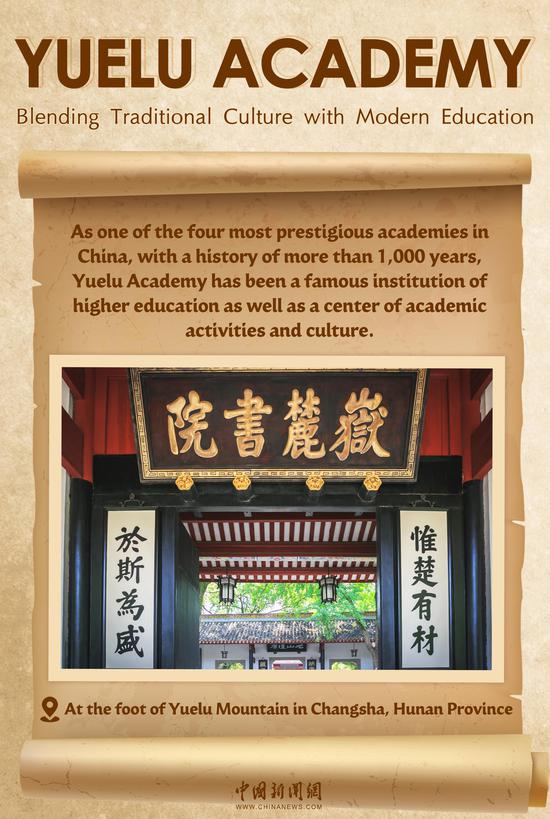



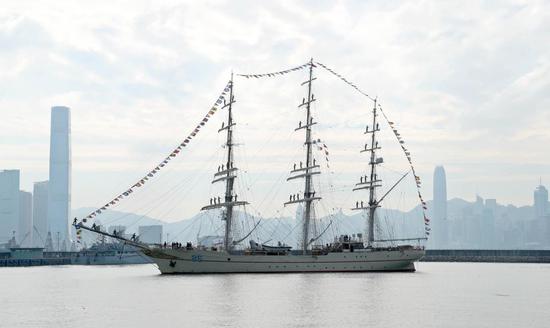
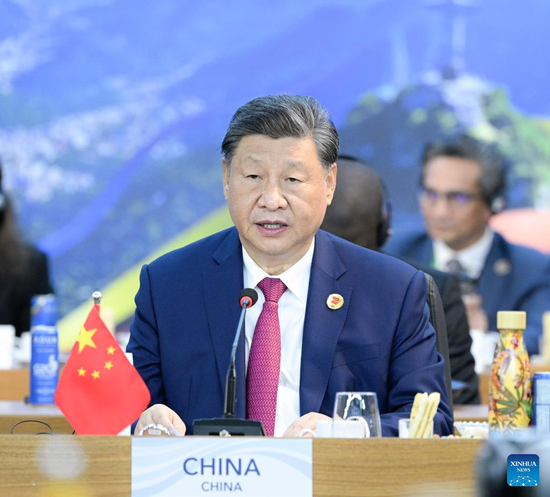
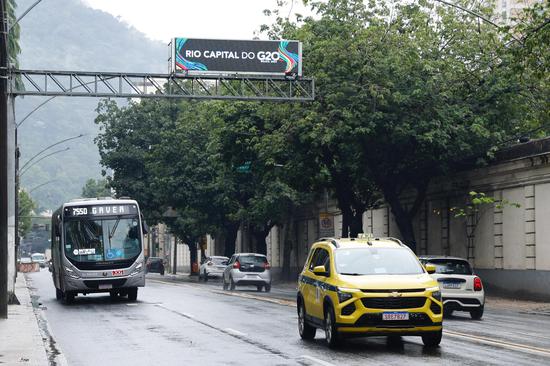

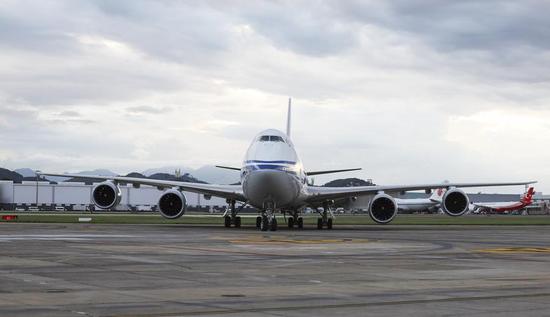
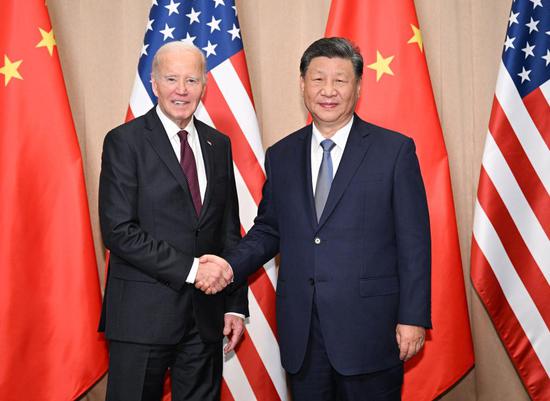
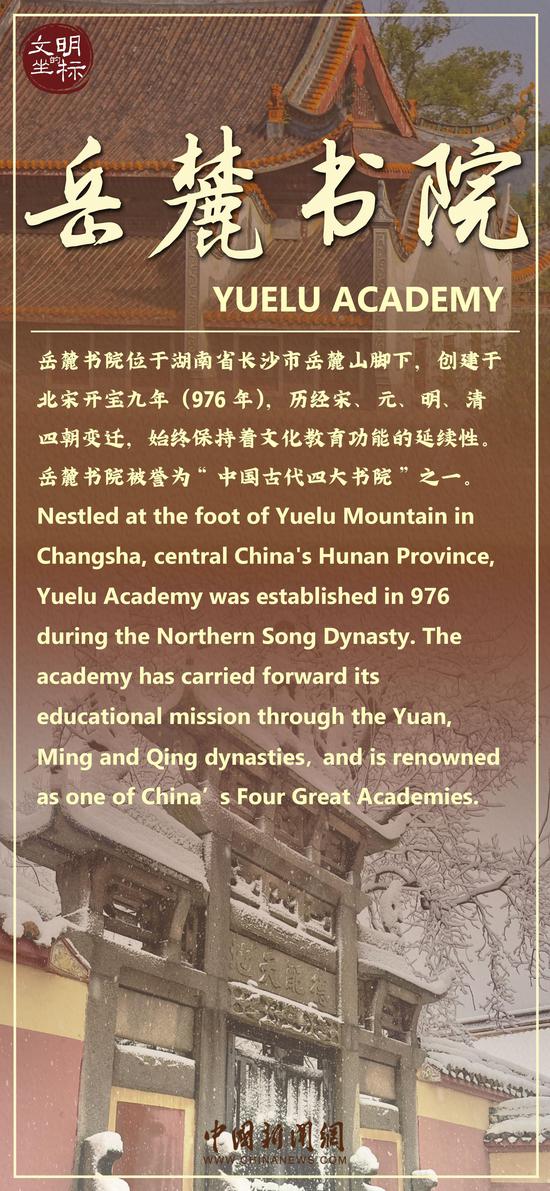


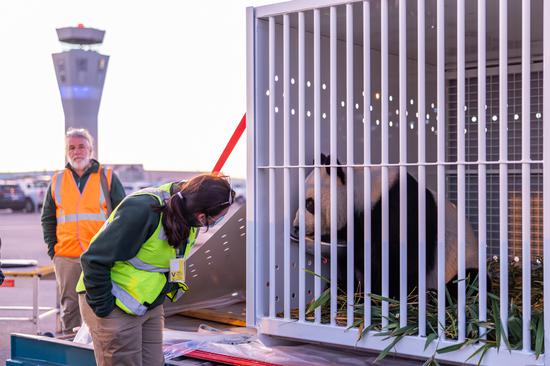
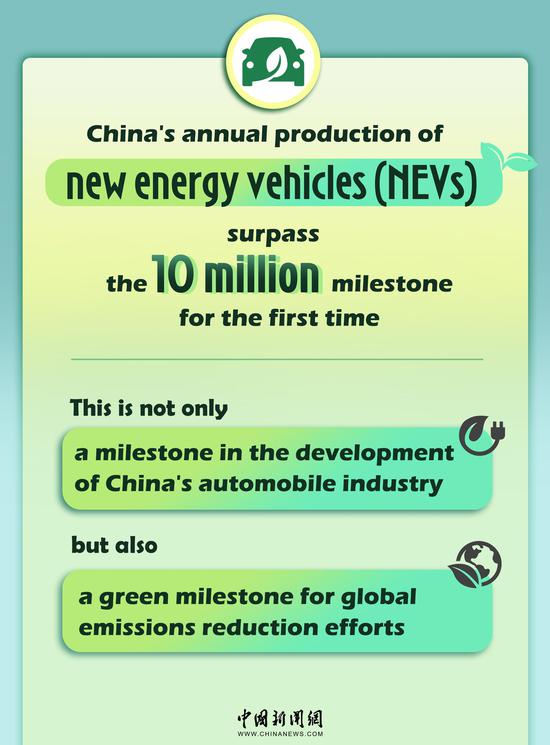

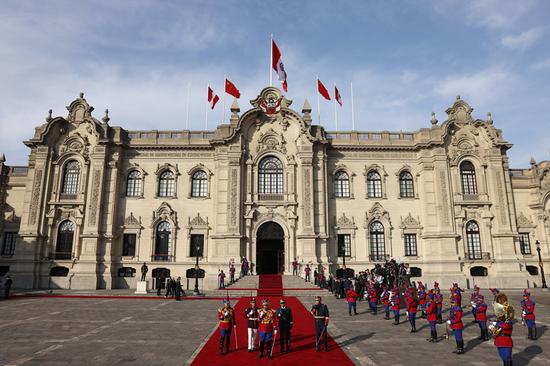


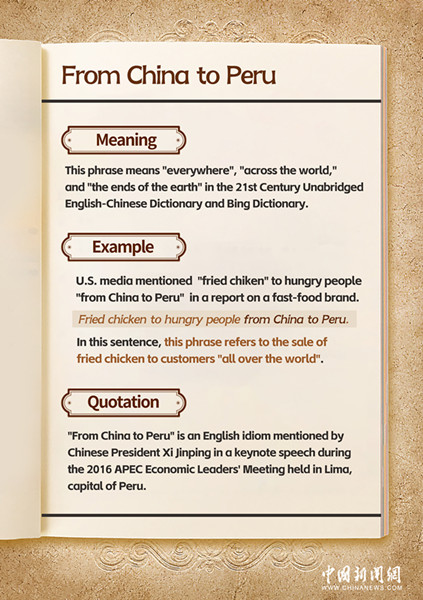
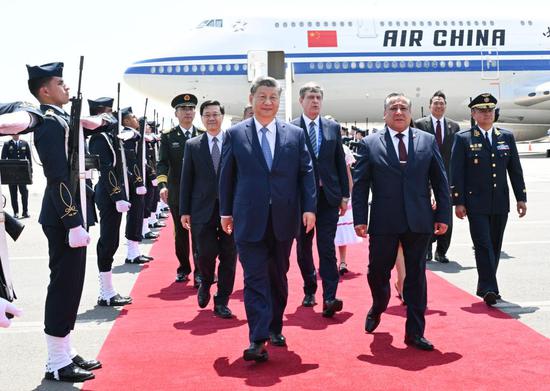
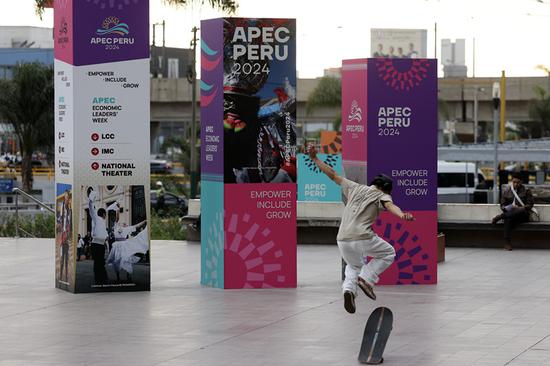
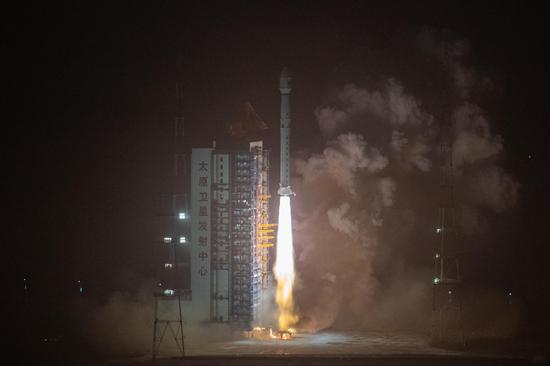


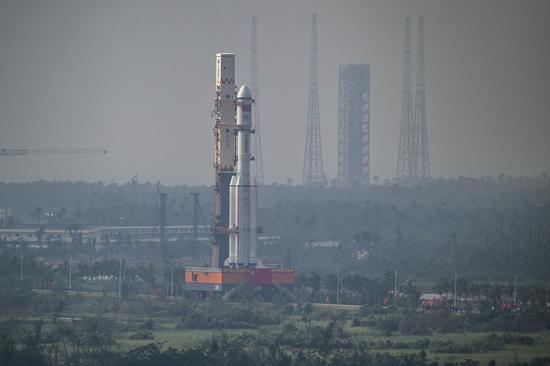
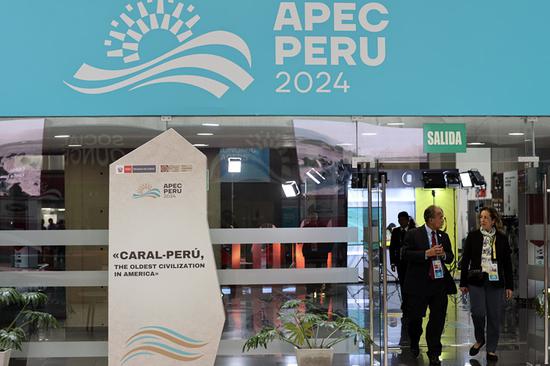
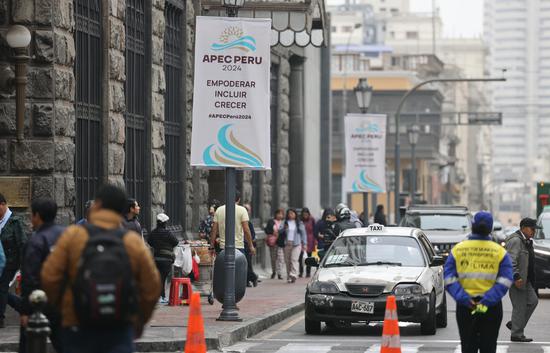




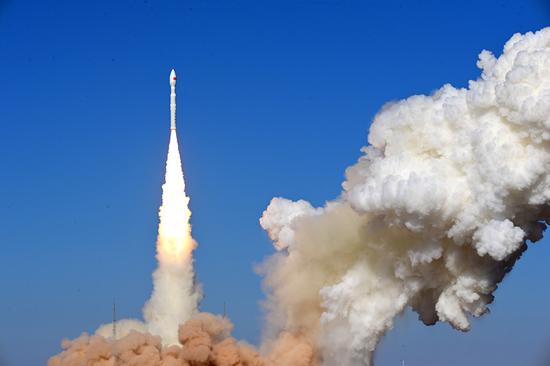
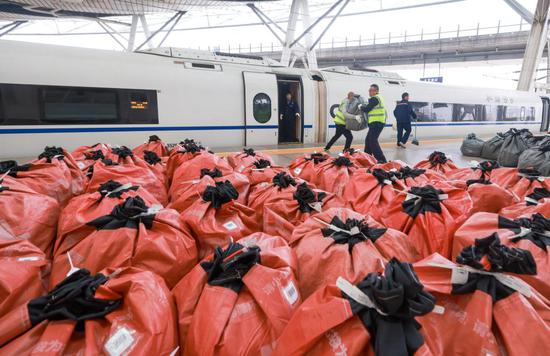

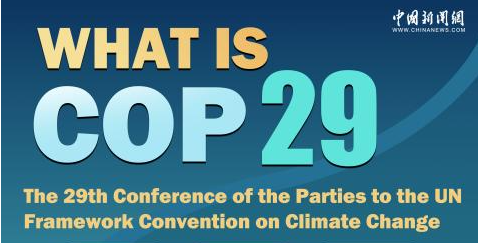
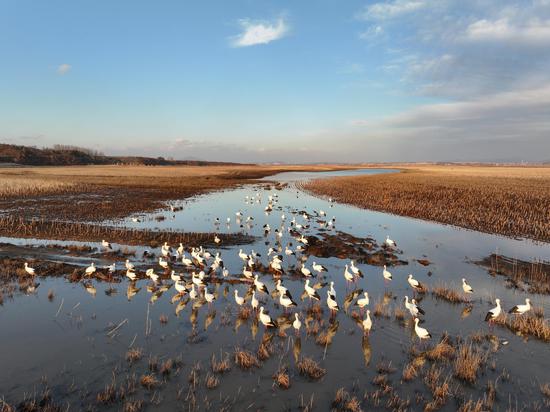





 京公网安备 11010202009201号
京公网安备 11010202009201号